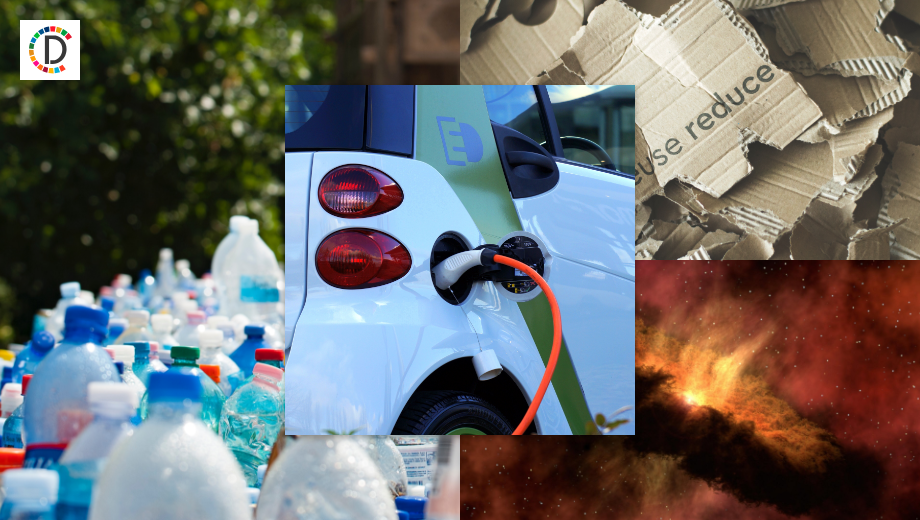Unchecked Methane Leaks: A Global Challenge in Need of Urgent Action
A UN report reveals that nearly 90% of methane leaks identified by satellites go unaddressed by governments and the oil and gas industry. Despite efforts to curb emissions, response rates remain low. Immediate action is needed as methane significantly contributes to global warming, despite being less prevalent than CO2.

The United Nations, ahead of the COP30 climate talks, disclosed that nearly 90% of methane leaks detected via satellite remain unacknowledged by governments and the oil and gas sector. The International Methane Emissions Observatory reported a dismal 12% response rate to 3,500 alerts from the industry, a marginal improvement from the previous year's 1%.
Although methane has a shorter atmospheric lifespan compared to carbon dioxide, it is significantly more effective at heat retention, making it a crucial focal point in combating climate change. Over 150 countries committed to a 30% reduction in methane emissions by 2030, yet progress is sluggish. "The pace of action must accelerate," urged Inger Andersen, executive director of the U.N. Environment Programme, which supervises the Methane Alert and Response System.
The report recorded 25 cases where alerts spurred action on significant emissions events. Investors, controlling assets over 4.5 trillion euros, recently cautioned the EU against weakening its methane emissions laws amid pressures to ease trade with the U.S. The observatory aims to broaden its detection scope to include emissions from metallurgical coal, waste, and agriculture, further solidifying its commitment to environmental preservation.
ALSO READ
-
ILO Warns Climate Change Is Transforming Jobs Across Arab States, Calls for Green Transition
-
UN Report Warns of Record Conflicts and Rising Violence Against Women and Girls
-
Manipur Governor graces valedictory session of Indian Himalayan Region Climate Change Conclave
-
UN report raises alarm over China's transnational human rights violations
-
Nearly 900 Million Poor People Face Direct Climate Hazards, UN Report Warns









